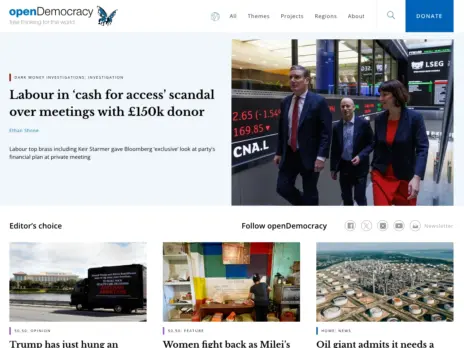
The date of 30 October could – subject to the judicial review which has been launched by sections of the newspaper industry – see the rubber-stamping by the Privy Council of the Government’s Royal Charter, published earlier this month, to establish a new system in the UK for press regulation.
Unless the court, by way of judicial review, finds that the decision was irrational, the system backed by MPs will be established in the face of continued refusal by the media to agree to sign up and the ongoing efforts of the press to obtain approval for an alternative Charter and the resulting system of regulation this would create.
This is a critical moment for press regulation. The media continue to argue forcefully against what is portrayed as the spectre of state control of newspapers and to push forward with its own plans for a new system. Politicians and campaigners argue that this is scaremongering and seek to encourage cooperation by highlighting the disincentives for those in the media who sign up to the Government-backed system, including the increased risk to those outside the system of having an award of “exemplary” damages against them.
The key differences are:
Involvement of politicians going forward: MPs propose that the Royal Charter can be amended by Parliament, but only by a two-thirds majority in both Houses. Newspapers argue that Parliament should not block or approve future changes to regulation and the regulator, trade bodies and the regulator’s panel would have to agree any changes.
Recognition Panel: This oversees the regulator. Politicians want to ban former editors serving whilst newspapers want to allow former editors and also to require at least one member to have newspaper industry experience.
Appointments Process: Again, politicians want no serving editor (or MP) whereas the press want one member to represent the media’s interests.
Fines and Apologies: There is little between the two; both proposals allow for fines up to £1M, although the media-backed regulator would be able to “require” rather than “direct” apologies.
Arbitration: Both agree that complaints should be encouraged through an arbitration scheme. The difference is that it would be a “pilot scheme” if the media’s system is adopted.
The Government’s system would also make it more likely that a publisher which chooses not to sign up will face the risk of having “exemplary” damages awarded against it.
This is a key aspect of the “carrot and stick” approach recommended by Leveson. This risk would arise where a newspaper is taken to court, for example, for an invasion of privacy or publication of a libel.
Exemplary damages will only be awarded, however, where the newspaper’s conduct has shown a “deliberate or reckless disregard of an outrageous nature” for the claimant’s rights. In addition, this must be in circumstances where the court holds that the newspaper should be punished but where other remedies are inadequate to achieve this.
Historically, they have been awarded where a paper has taken a calculated decision that any normal award would be more than compensated for by increased circulation from publication. In my experience over twenty-three years of acting for and against the media, awards of exemplary damages are extremely rare. The hurdles are very high before a court will consider the paper has to be punished so to what extent this represents a real incentive is questionable.
The fast footwork on the part of the newspapers will continue and, if the differences between the media and politicians cannot be resolved soon, it is likely that two alternative forms of regulator will be set up. The fierce battle between the two will then continue for months to come.
Christopher Hutchings is head of media at Hamlins LLP, acting both for publishers, in particular magazines and websites, as well as for those with complaints to the media. Hamlins continue to represent new clients with claims for phone-hacking and libel.
Email pged@pressgazette.co.uk to point out mistakes, provide story tips or send in a letter for publication on our "Letters Page" blog






